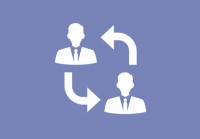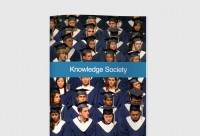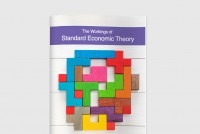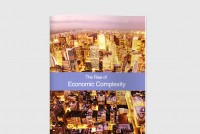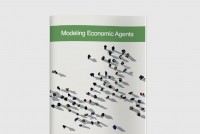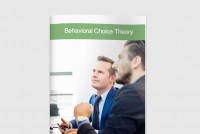Towards A Knowledge Society
In his book The Critical Path, Buckminster Fuller first put forward the theory of the Knowledge Doubling Curve. Fuller describes this curve as starting in the year AD 1. At this time, all of human knowledge was represented in what he called a “knowledge unit.” By 1500, human knowledge had doubled to 2 knowledge units. The second doubling took place in the year 1750, to 4 units. This doubling was accelerated by the invention of the printing press and oceangoing sea vessels. By the nineteen hundreds, human knowledge doubled again to eight units. The next doubling, to sixteen units, took until just 1950, and the next, to thirty-two units, in 1970 and again to sixty-four units in the late 1980s. Today, it is estimated that human knowledge doubles roughly every twelve months, with some postulating that by 2020, the totality of human knowledge will double every twelve hours.
The information revolution of the past couple of decades has switched the flow of information and ideas from slow, linear and scarce to fast, networked and pervasive, giving rise to the potential for a society where knowledge and its usage is the central resource; a new form of innovation economy based on knowledge and its application through information systems. Today the most important inputs to the core economic activities, of the most advanced economies, are widely distributed in the population, this is not a condition that we used to be in. This goes for both information and knowledge and it is a systemic transformation upon which many changes will take place in the coming decades as it lays the foundations for a true knowledge society.
In the same way that information became alive and something real to the mass of people with the advent of the personal computer, mobile phone, and the internet, knowledge is now also becoming something much more alive and really, the meaning of knowledge is changing in a fundamental way. Knowledge is no longer being thought of as ‘stuff’ that is developed and stored in the minds of experts, represented in books, and classified into disciplines, it is increasingly part of our work, part of the media we consume, the websites we visit, the stuff that businesses are calling out for and that politicians see as critical to the development of their nations.


